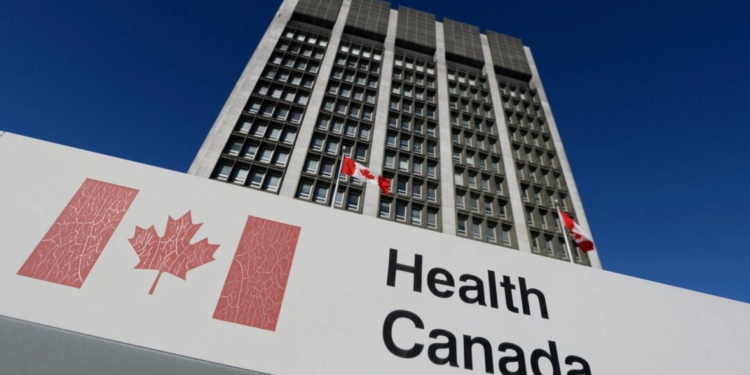The COVID-19 vaccines that have been approved and administered worldwide were authorized without evidence that they prevent transmission, according to a statement made by Liberal MP Yasir Naqvi, who serves as parliamentary secretary to Canada's Health Minister. Naqvi revealed this information in response to questions posed by Conservative MP Colin Carrie. The lack of evidence regarding the prevention of transmission has sparked controversy, with concerns being raised about the messaging around vaccine effectiveness and the achievement of herd immunity through mass vaccination.
The issue first gained attention in October 2022 when Dutch Member of the European Parliament Rob Roos reported that a Pfizer executive testified that initial studies on transmission had not been conducted. The executive stated that such trials were not required for the vaccines to be brought to market. Carrie sought confirmation from the Canadian government regarding this matter and questioned why public messaging suggested that herd immunity could be achieved through mass vaccination in the absence of evidence on transmission prevention.
Throughout the pandemic, government officials, including Prime Minister Justin Trudeau, emphasized the importance of vaccination as the key to overcoming the crisis and returning to normalcy. Trudeau stated in May 2021 that all vaccines approved by Health Canada were safe and effective. However, this statement contradicted the guidance from the National Advisory Council on Immunization (NACI), which recommended against the use of the AstraZeneca vaccine for those under 55 due to rare cases of serious blood clots.
The AstraZeneca and Johnson & Johnson vaccines, which used vector-based technology, were eventually withdrawn from use in Canada. mRNA vaccines, such as those developed by Pfizer-BioNTech, became the primary focus. These vaccines received expedited approval through an irregular process that allowed manufacturers to skip certain testing steps. Clinical trial data was submitted in a rolling manner as the vaccines were already in use and being mandated.
Concerns have also been raised about the different manufacturing processes used for the Pfizer-BioNTech vaccine. Clinical trials were conducted with batches manufactured under one process, while commercial batches were produced using a different process. The European Medicines Agency confirmed that the comparability of these processes relied on demonstrating comparable characteristics of the active substance and finished product.
Vaccine mandates became a central part of Prime Minister Trudeau's platform during the snap election he called. Liberal MP Joël Lightbound broke ranks with his party and criticized the divisive nature of the vaccination issue, stating that it undermined public trust in health institutions.
The Canadian government imposed vaccine mandates in October 2021 for the public service, federally regulated sectors, and travel by plane, train, and some marine vessels. Trudeau justified these mandates by stating that “no one is safe until everyone is safe,” implying that vaccinated individuals cannot spread the virus. Naqvi acknowledged that vaccine effectiveness against SARS-CoV-2 infection and COVID-19 decreases over time, particularly among older individuals, and cited emerging evidence to support the recommendation for booster doses.
The government's dismissal of naturally acquired immunity from previous SARS-CoV-2 infections has also been a point of contention. Carrie questioned why natural immunity was not considered a form of protection against the virus. Naqvi argued that while natural immunity can provide short-term protection, less is known about its long-term effects and its effectiveness against new variants. He claimed that reinfection is more likely to occur in the unvaccinated.
Scientists have raised concerns about the claims made by Naqvi. Virologist Dr. Bernard Massie described the concept of hybrid immunity (a combination of vaccination and prior infection) as mere marketing without scientific validation. Dr. Philip Oldfield, an expert in bioanalysis and regulatory affairs, challenged Naqvi's assertion about natural immunity, stating that it is robust in both the short and long term. He cited a study published in Nature showing that patients who recovered from SARS-CoV in 2003 still had protection 17 years later.
Carrie, who has been submitting information requests to the government on the topic of COVID-19 vaccination, expressed concerns about the lack of evidence and the inconsistency between public messaging and available data. He emphasized the importance of acknowledging the existence and effectiveness of natural immunity, which has been overlooked during the pandemic.
In conclusion, the approval of COVID-19 vaccines without evidence of transmission prevention has raised concerns about the messaging around vaccine effectiveness and the achievement of herd immunity through mass vaccination. The controversy surrounding this issue highlights the need for transparency and clear communication from health officials. The dismissal of naturally acquired immunity has also been a point of contention, with scientists challenging the government's claims.







